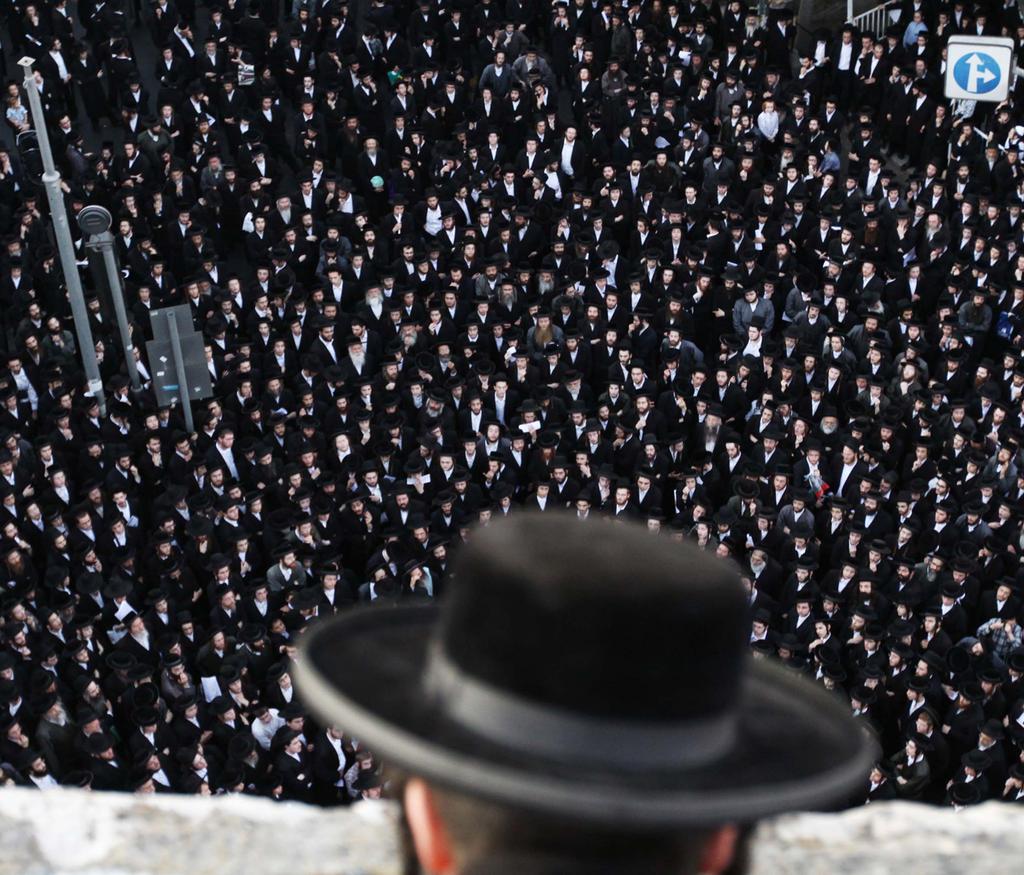Getting your Trinity Audio player ready...
Twenty percent of European participants in a survey conducted by the European Jewish Association believe that a secret Jewish cabal runs the world, according to the Jewish Telegraphic Agency (JTA).
The survey, presented Monday at a conference of the European Jewish Association in Paris against anti-Semitism, was conducted in December and January among Europeans from 16 countries; including Austria, Belgium, the Czech Republic, France, Germany, the United Kingdom and Poland.
A fifth of the 16,000 respondents also agreed with the statement that “Jews exploit Holocaust victimhood for their own needs.”
The survey reported a quarter of respondents thought that Israel's policies make them understand why some people hate Jews, and a quarter disagreed with the statement "Israel is engaged in legitimate self-defense against its enemies."
More than a third agreed with the statement, “During World War II, people from our nation suffered as much as Jews.”
A representative sample of 1,000 adults in each of the countries polled was presented with 45 questions or statements in face-to-face interviews about Jews and Israel, according to the Action and Protection League. The survey has a margin of error of 0.8%.
Holocaust revisionism and classic antisemitic stereotypes were more common in Eastern Europe, whereas anti-Israel sentiments, including anti-Semitic ones, were more common in the west, according to Rabbi Slomo Koves, chairman of the Action and Protection League. The Budapest-based group is affiliated with the Hungarian Jewish community’s main watchdog on anti-Semitism.
According to the JTA, Koves said his group is still working on a breakdown of the results in each country, but it’s complicated “by challenges in the collection process,” noting the difficulty of finding pollsters willing to go into the poor neighborhoods and ghettos of Paris and Brussels, for example. That, he said, “is necessary for arriving at a representative sample.”


